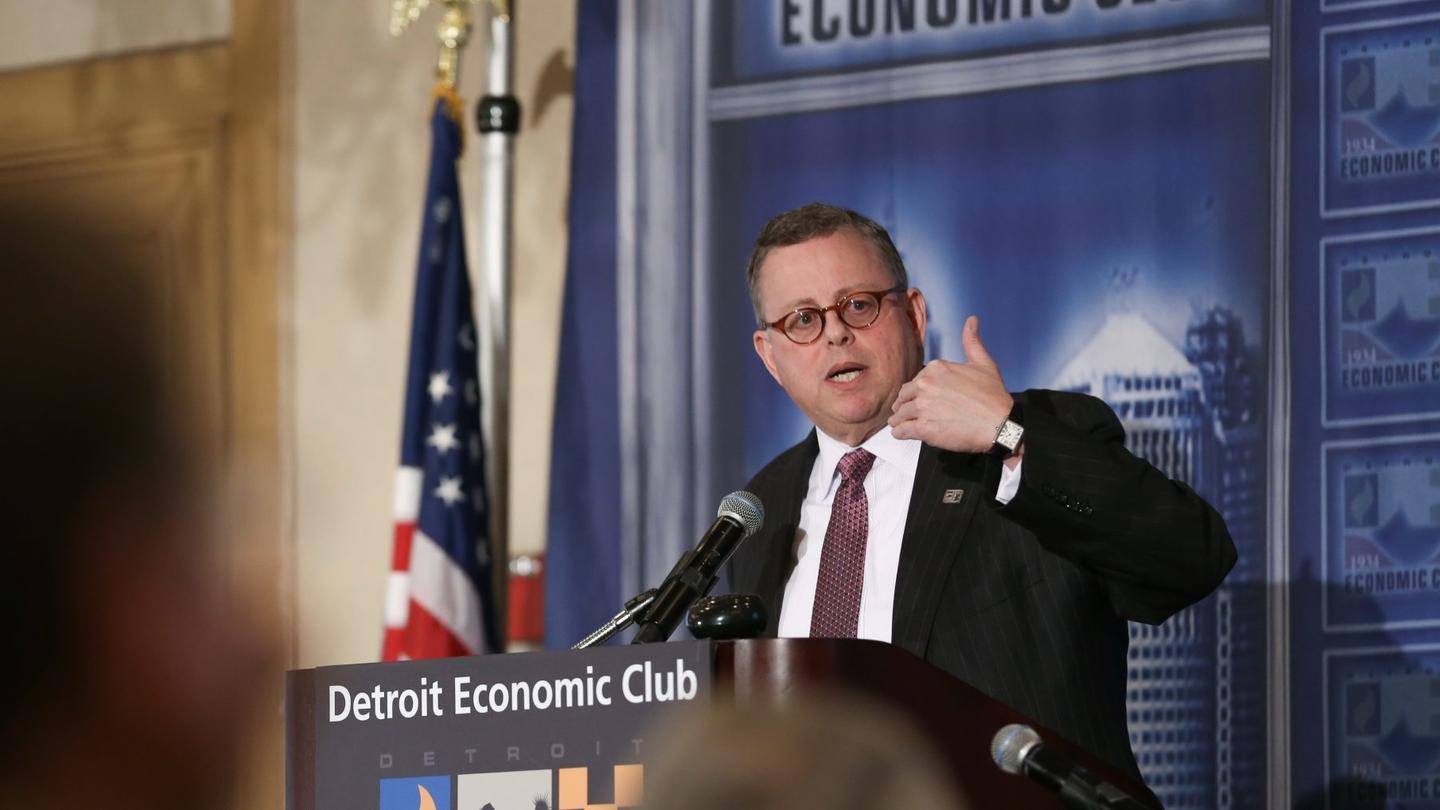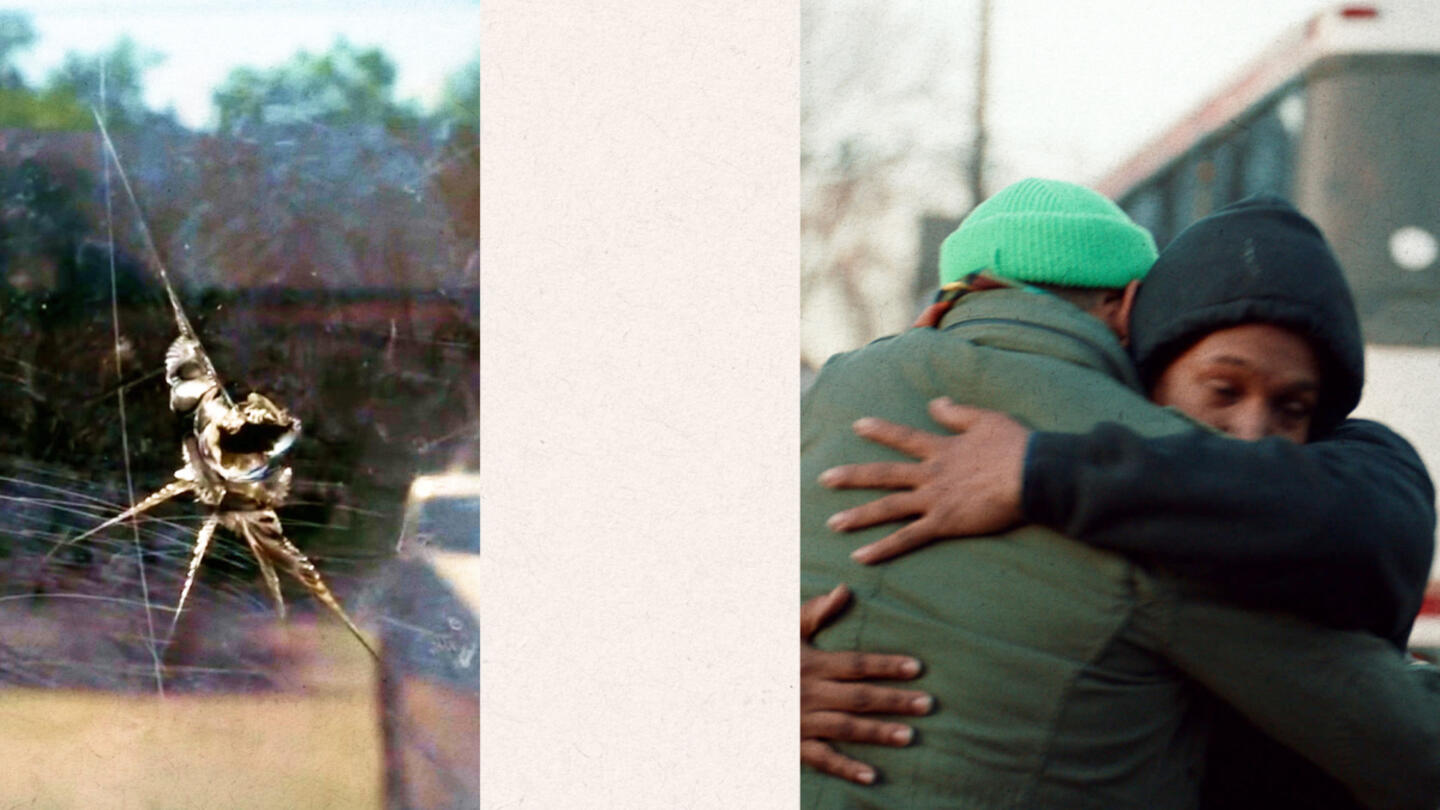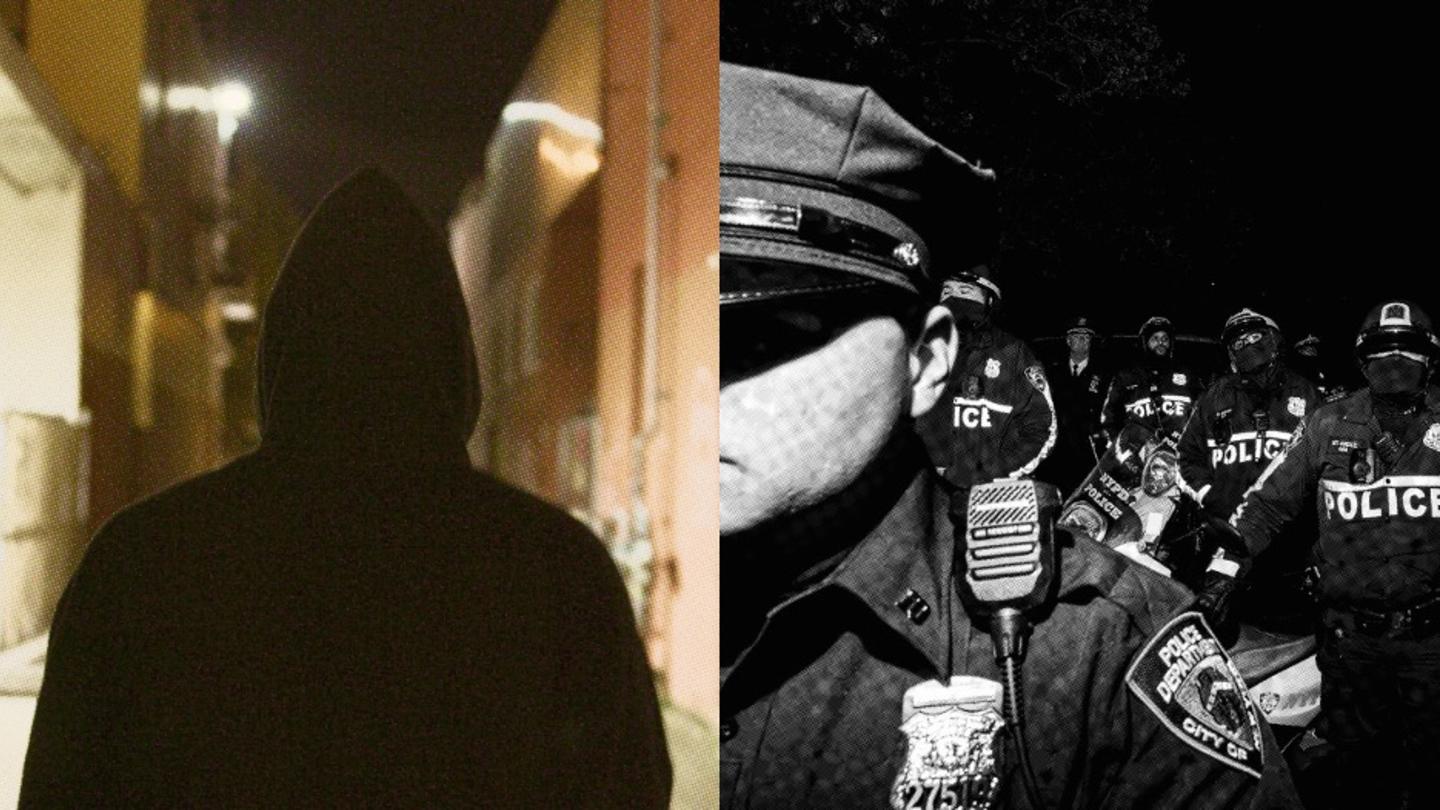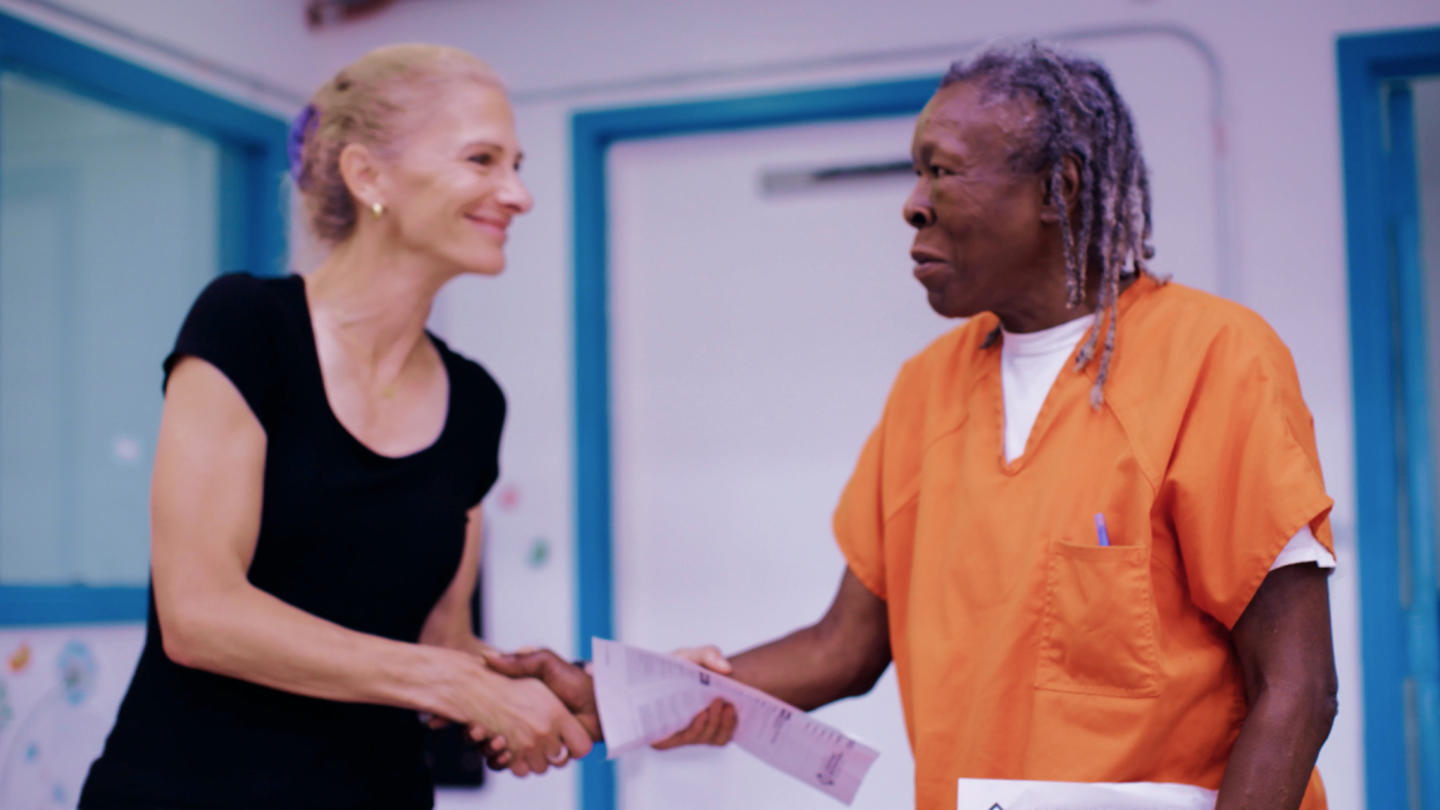Stand Together believes that second-chance hiring is key to successful criminal justice reform. To celebrate Second Chances Month, we caught up with Jeff Korzenik about his new book, Untapped Talent: How Second Chance Hiring Works for Your Business and the Community. The chief investment strategist for one of the largest banks in the United States, Jeff makes the business and moral case for hiring people with criminal records.
This interview has been edited and condensed for clarity.
Stand Together: How did you become passionate about second chances?
Korzenik: I credit my father. He was the first in my family to go to college, a son of immigrants, and he came from deep poverty, but went on to earn degrees from Harvard, Harvard Law, and Yale Law School. When I was 10 or 12, my dad would take me to visit his old neighborhood. On one visit he introduced me to a friend, whom my father told me had gone to prison. And then my dad said something that stuck with me. He said, "He's done his time." So, I have a strong sense that people who have done their time deserve a second chance.
How did you first learn about second-chance hiring?
I visited King's Kitchen in Charlotte, N.C., which helps people rehabilitate themselves and build a career in the restaurant industry. I saw that second-chance hiring could work, and I began talking and asking about it. I met Dan Meyer at Nehemiah Industries, which has a strong second-chance hiring program, and I started reaching out to others in the business community. I got excited because although these businesses didn't know each other, they had all come to the same solution, which meant that there was a model that could make second-chance hiring work.
Why did you write Untapped Talent?
In 2019, pre-COVID, I was on 141 flights talking about second-chance hiring. I realized I couldn't be in enough places at once to have the impact I wanted. Businesses were interested, but didn't have the resources to keep it moving forward. That's why I decided to write a book that could be a guide for businesses to implement second-chance hiring in a way that made sense for them.
What do you hope readers will take away from the book?
Many businesses have tried second-chance hiring, but haven't found the model for success. I want businesses to consider models that work for them and help them avoid common mistakes so they can do it in a profitable and scalable way.
But it the book isn't just for business owners. I think there's a thirst out there for better context of our criminal justice system, which is valuable for nonprofits and the interested public as well.
What are some of the biggest barriers people face when re-entering society, especially when it comes to finding work?
Few employers want to hire from this group, and there's a stigma. Businesses are concerned about safety and legal liability, and quality and reputation. These concerns can be addressed, but you need the tools to address them.
Additionally, challenges like licensing and housing restrictions make it difficult for people to rehabilitate and get employed. People often end up in the system because they come from deep poverty and lacked access to mentoring, education, or family support. This can contribute to a deficit in soft skills, like how to address conflict at work, or negotiate the challenges of everyday life. Those are important skills in the eyes of employers. And that's where the where the nonprofit community can play such a vital role in helping address these barriers prior to employment.
What are some of the false assumptions about hiring people with a criminal record?
There's a natural inclination to assume the worst of someone who's had a felony conviction. But most people with a felony conviction were convicted of a crime of such a minor threat the public safety that they did not require a prison term. Often it's a mistake of youth — things that people can learn from and mature from.
Second, there's a question of quality. One of the keys to a successful model is to have someone telling the employer who's ready for employment. Those who are ready to turn their lives around actually tend to be highly engaged and superior employees. Second chance doesn't mean second rate.
Why do businesses play such a crucial role in helping ensure second chances?
Because employment is foundational to rehabilitation. It is the single most important aspect. And obviously housing is critical, too. But you can't sustain housing without a job. And private sector employers are where most jobs are. If we're going to solve this, it requires the business community's active involvement.
Why does granting second chances to more people matter?
When you see the ugly truth that our criminal justice system has left one in three Black men in America with a felony conviction, you come to realize how important second-chance hiring is to creating a more racially just society and to breaking the cycle of poverty for many individuals.
I'm the son and grandson of immigrants. America has been the land of second chances for my family. And we have far too large a population that are being needlessly denied these opportunities. If we give them opportunities, we build a safer, more just, less racially divided, and more prosperous country.
Learn more about Stand Together’s criminal justice efforts and explore ways you can partner with us.




